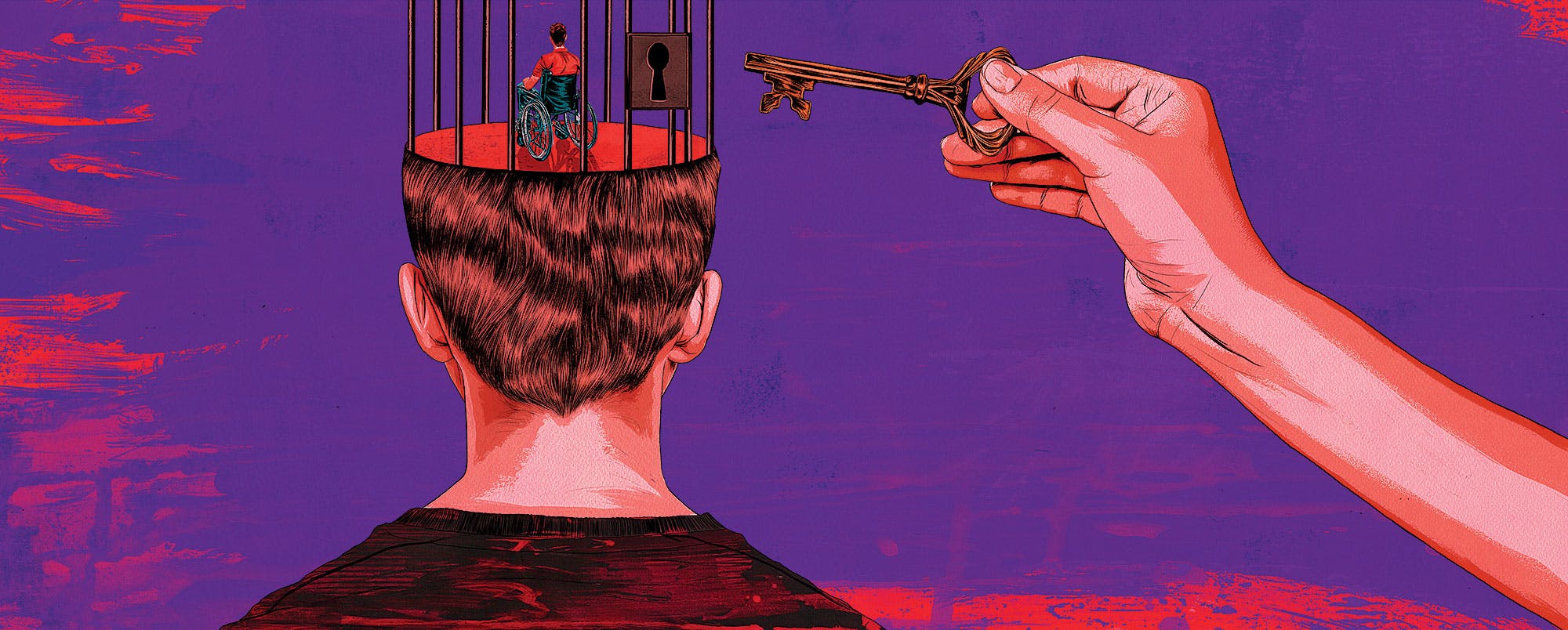
This story originally appeared in the January 2018 issue with the headline “The One-Question Interview: Stefan Merrill Block.”
Multiverses, fMRIs, and the poetry of the borderlands comingle in Stefan Merrill Block’s third novel, Oliver Loving (Macmillan/Flatiron Books, January 16). Block, who grew up in Plano, has written a charged and hopeful story of a West Texas family seeking a way forward in the aftermath of a school shooting. The narrative focuses on the family’s attempts, nearly ten years after the event, to communicate with their son Oliver, a teenager who suffered a brain injury in the shooting, and to make sense of their deeply shaken town.
Texas Monthly: School shootings and mass killings in general are a major topic of conversation these days. Were you drawing on recent news stories for this book or something from your own past?
Stefan Merrill Block: I grew up in Plano in the nineties, as it was rapidly transforming. It went from being a [70,000]-person town to a [220,000]-person town over the course of my childhood. And during that period there was also this incredible darkness. In the eighties Plano was labeled by the press as the Suicide Capital of America. Like, eight kids killed themselves in the eighties. And then when I was a teenager, there was a terrible epidemic of heroin overdoses and suicides. I lost multiple friends; my school counselor killed herself.
During this terribly dark time in my high school, we would regularly be visited by grief therapists to talk about it. It was kind of a media event—there were always newspeople in front of the school, interviewing us about what was going on. In the midst of all of that, the Columbine killings happened. Columbine was a school that was in many ways just like mine, in a very similar socioeconomic setting. And those two events, for me, fused in this generally dire adolescent atmosphere that I felt.
As I’ve been watching the endless reports of all these mass shootings, I always think about my town and how each one of these deaths leaves a family forever transformed. It just seems like the loneliest feeling in the world, that after that sort of loss, there’s a report about it in the news but very little storytelling about what happens ten years later, twenty years later, to a family. As an antidote to that kind of loneliness, I wanted to explore that.






